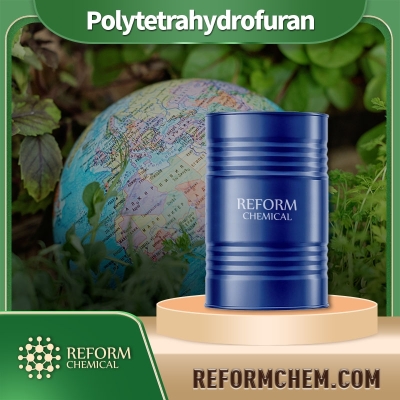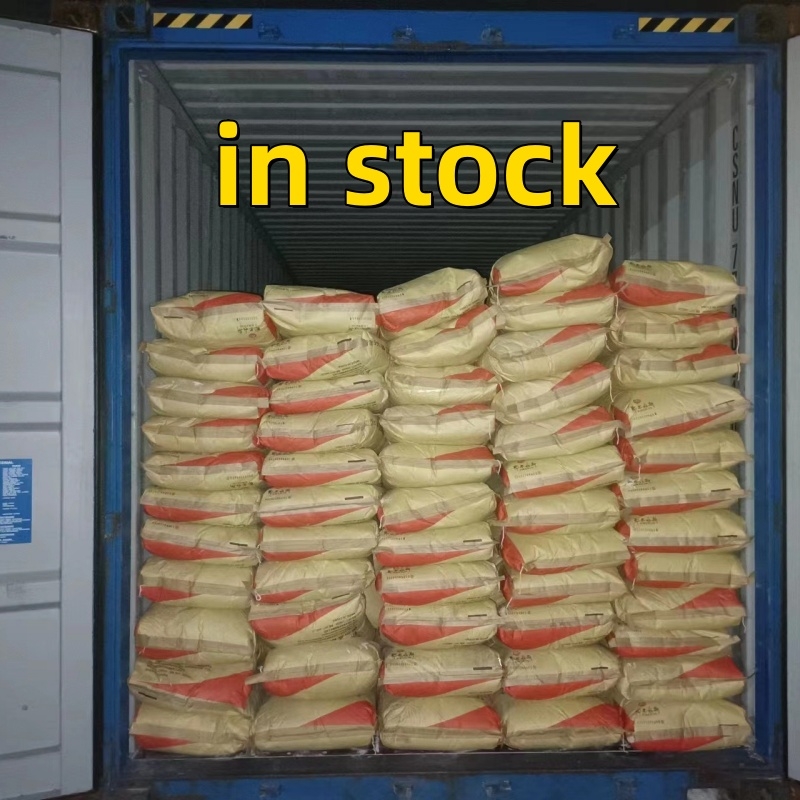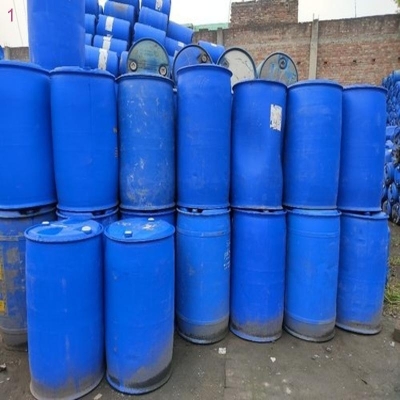-
Categories
-
Pharmaceutical Intermediates
-
Active Pharmaceutical Ingredients
-
Food Additives
- Industrial Coatings
- Agrochemicals
- Dyes and Pigments
- Surfactant
- Flavors and Fragrances
- Chemical Reagents
- Catalyst and Auxiliary
- Natural Products
- Inorganic Chemistry
-
Organic Chemistry
-
Biochemical Engineering
- Analytical Chemistry
-
Cosmetic Ingredient
- Water Treatment Chemical
-
Pharmaceutical Intermediates
Promotion
ECHEMI Mall
Wholesale
Weekly Price
Exhibition
News
-
Trade Service
Scientists at the University of Delaware have developed a simple, efficient and low-cost new technology that breaks down lignocellulose from plant waste into sugars and converts them into biofuels
.
At the heart of this technology is a special catalyst composed of a concentrated inorganic salt solution containing iridium, enhanced with
oxides of rhenium.
Wood materials swell when soaked in a solution and become easily decomposed, just like newspaper soaked
in water.
The unique properties of the catalyst allow it to directly decompose lignocellulose, without the need for pretreatment and low
temperature requirements.
In addition, after lignocellulose is broken down into sugars, it can be dehydrated in the same container to convert into furans, which are key molecules
for the production of biofuels.
During this process, the catalyst solution is recycled
.
The research team reported in the American journal Chemistry for Sustainable Development that the new technology can theoretically achieve a conversion rate of 95%, the reaction temperature is only 85 ° C, the time is as short as 1 hour, and the energy and water consumption are less
.







